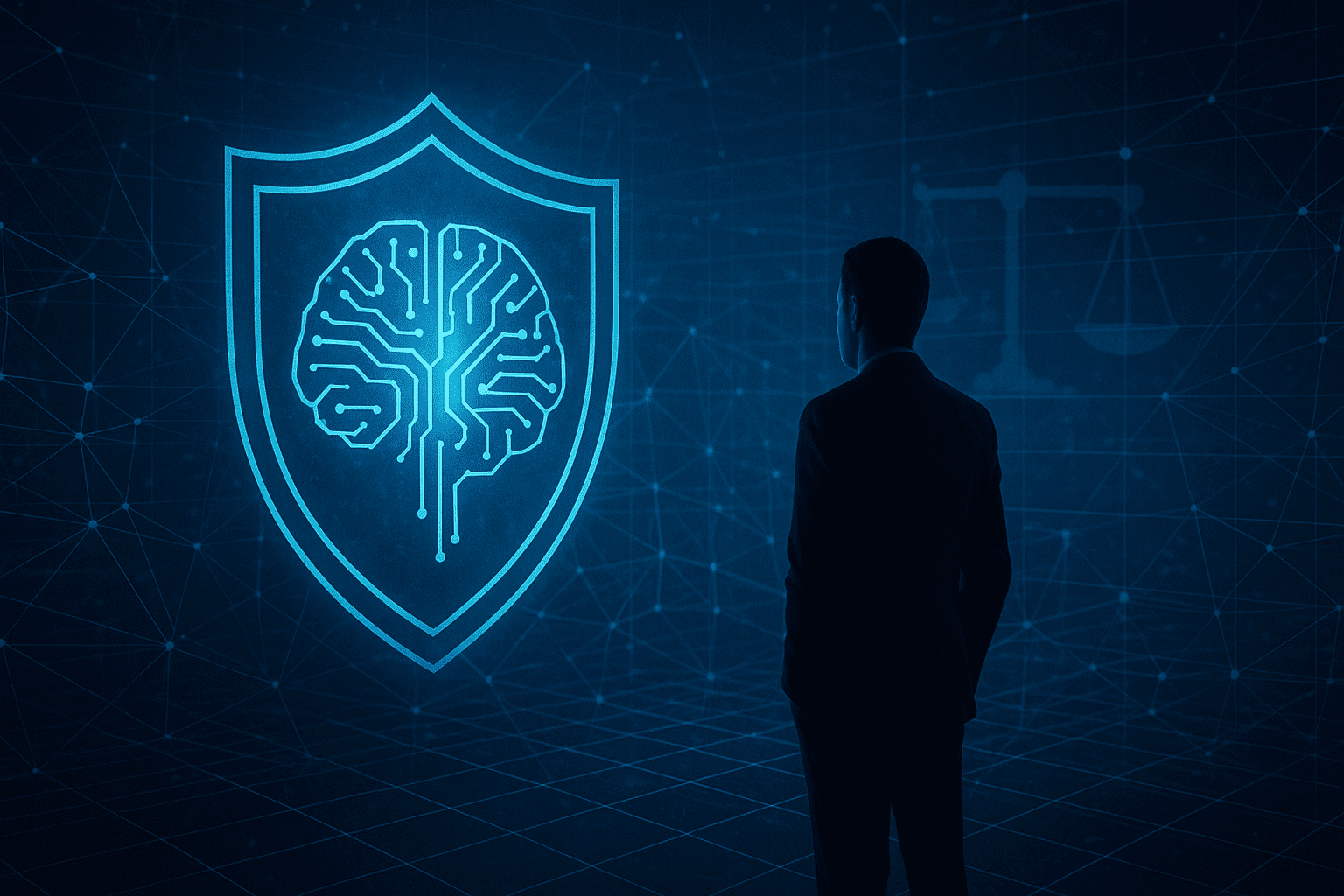AI GOVERNANCE FRAMEWORKS
- Understanding AI governance pillars and global standards
- Mapping AI accountability to organizational structures
- Regulatory frameworks: EU AI Act, OECD, and ISO 42001
- Integrating governance with enterprise risk management
- Evaluating maturity models for AI governance
FORENSIC DATA ANALYTICS
- Foundations of data forensics and audit trails
- Detecting anomalies using AI and machine learning
- Data visualization for forensic insight
- Leveraging predictive analytics for fraud detection
- Ensuring integrity and reproducibility of forensic data
ETHICAL AI OVERSIGHT
- Defining ethical boundaries in AI investigations
- Identifying algorithmic bias and discrimination
- Building responsible AI oversight mechanisms
- AI explainability and transparency principles
- Ethical decision-making in digital investigations
DIGITAL EVIDENCE MANAGEMENT
- Principles of digital evidence collection and preservation
- Chain of custody and admissibility standards
- Use of AI in digital forensics automation
- Managing metadata and system logs securely
- Case documentation and forensic reporting best practices
FRAUD AND COMPLIANCE
- AI applications in anti-fraud and AML programs
- Monitoring compliance through automated systems
- Red flags and AI-based risk scoring models
- Investigating complex fraud scenarios using AI tools
- Coordination between forensic and compliance teams
ALGORITHMIC ACCOUNTABILITY
- Governance of machine learning models and outcomes
- Bias detection and fairness auditing in algorithms
- Model validation and continuous assurance practices
- Transparency documentation: model cards and audit trails
- Designing control frameworks for algorithmic risk
CYBER RISK RESILIENCE
- Linking forensic governance to cybersecurity frameworks
- Threat intelligence and AI-based incident detection
- Post-incident forensic reconstruction and root cause analysis
- Integrating forensic AI with SOC and GRC platforms
- Building resilience through data governance and recovery


